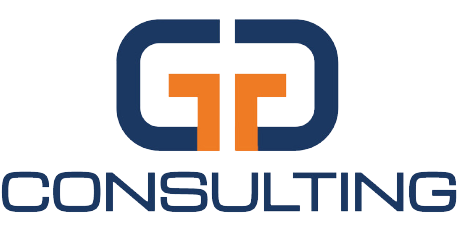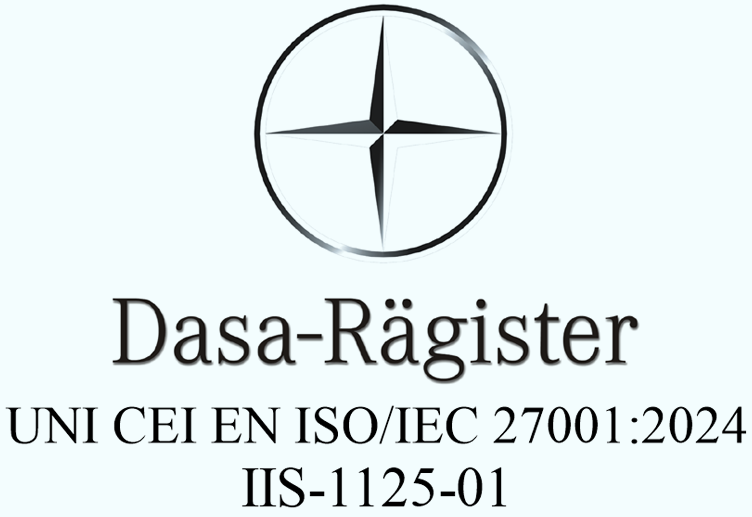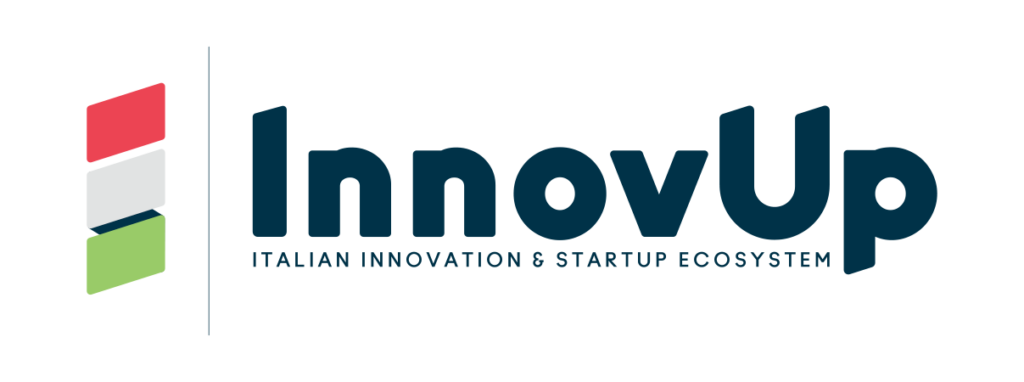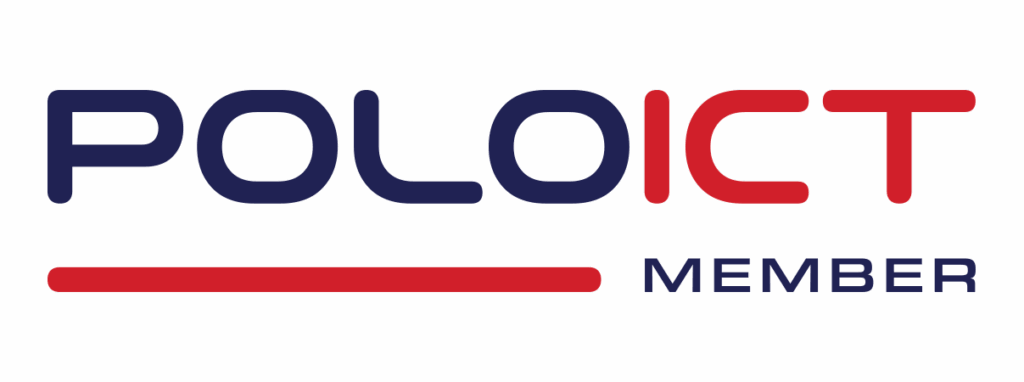In the digital era, cloud computing technology has quietly infiltrated the fabric of our daily lives, becoming a constant and often invisible presence that shapes the way we live, work, and interact with the world. This system, which allows access to computing resources, storage, and applications via the internet, has opened the door to a quiet revolution that has radically transformed our habits and expectations.
From the first alarm in the morning, often reliant on a smartphone synchronized with cloud-based services, to the evening routine that may include streaming TV series or listening to music through online platforms, the cloud is a constant in our daily lives. This technology not only allows us to consume multimedia content in a seamless and personalized manner but also facilitates more pragmatic tasks such as email management, scheduling, and the secure storage of documents and photos.
In the work context, the cloud has marked a turning point, making real-time collaboration possible among colleagues thousands of kilometers apart. Document sharing services and video conferencing platforms have made teleworking a tangible reality for millions of people, while businesses of every size rely on cloud-based solutions to manage data, operations, and customer relationships efficiently and scalably.
Leisure time and hobbies are not exempt from the influence of the cloud. Video games, digital photography, reading, and even home automation now depend on cloud infrastructures to offer increasingly integrated and personalized experiences. The ability to access vast catalogs of on-demand content or to command smart devices with a simple touch on a mobile device screen are just some of the conveniences made possible by the cloud.
Despite the numerous benefits, the growing reliance on centralized cloud services raises issues related to data security and privacy. This is where the concept of decentralized cloud, based on blockchain technology, comes into play, promising to further revolutionize the cloud computing landscape. Unlike the traditional model, the decentralized cloud fragments and encrypts data, distributing it across a network of interconnected nodes. This method not only ensures greater data security, making it virtually inaccessible to external attacks, but also offers superior resilience, eliminating the single points of failure typical of centralized architectures.
The implications of this innovation are profound and varied, extending from improving security in document management, as illustrated by the example of Certiblok, to the possibility of creating more efficient video streaming networks less subject to censorship or centralized controls. The prospect of developing decentralized applications (dApps) that operate on peer-to-peer networks opens new horizons for the creation of fairer, more secure, and transparent digital services.
As the cloud continues to evolve, integrating more deeply into the fabric of our daily lives, its potential seems set to expand in ways we can only imagine today. The advent of the decentralized cloud marks an important step towards a future where the security and privacy of our digital data may no longer be subject to the risks associated with centralized structures, promising a safer and more democratized digital landscape for all.
Compila il form qui sotto per richiedere il Piano FREE o il Piano BUSINESS completo per 30 giorni
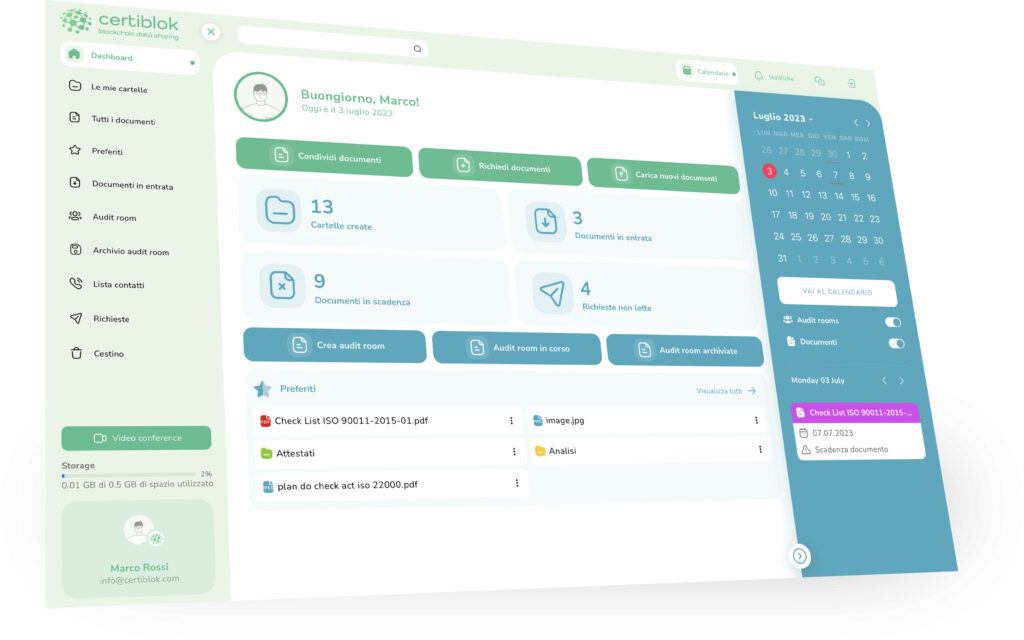
CERTIBLOK,
LA PIATTAFORMA DRM®
Document Relationship Management,
che rivoluziona il modo di gestire e condividere i documenti, anche quelli più riservati.
Semplifica il lavoro in team, gestisce le scadenze, ti collega con clienti, fornitori, consulenti ed enti ispettivi, garantendo la massima protezione del tuo patrimonio documentale attraverso il cloud decentralizzato e la tecnologia Blockchain.
Funzioni







